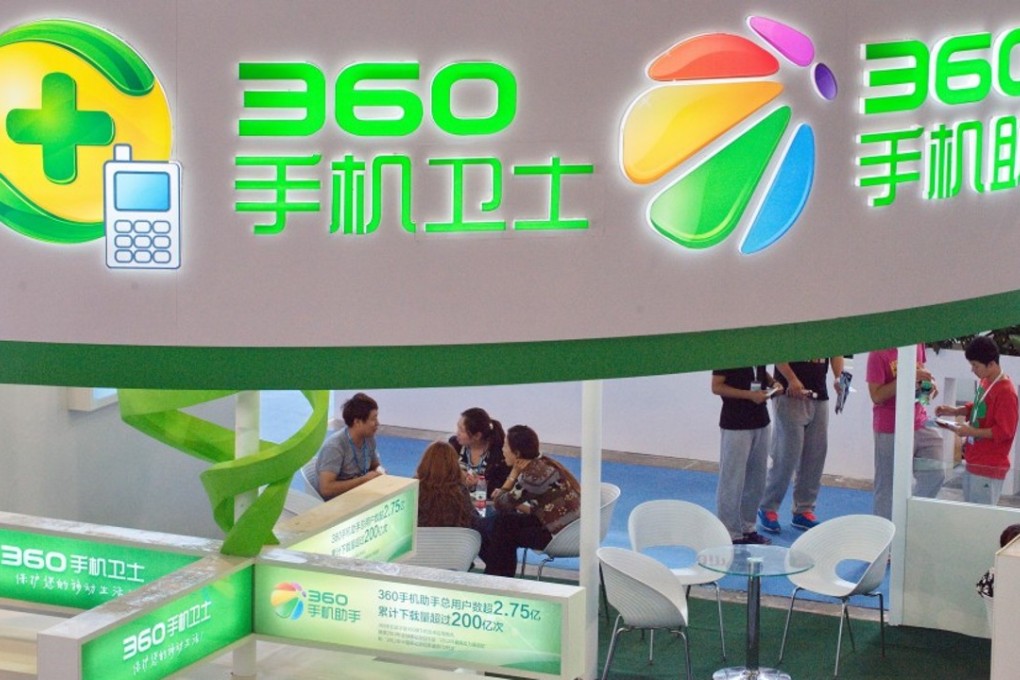‘Consolidation favours the strong’: Chinese group including Qihoo 360 subsidiary spending US$1.2bln on Norwegian browser company Opera Software

A Chinese consortium led by internet companies Beijing Kunlun Tech and Qihoo 360 Software has agreed to take over Norwegian browser company Opera Software in a cash transaction valued at US$1.2 billion.
It likely marks the first large-scale merger and acquisition deal made this year by Chinese internet companies not backed by one of the “big three” mainland players - Baidu, Alibaba Group and Tencent Holdings, collectively known under the acronym BAT.
The proposed acquisition of Opera, which counts more than 350 million users of its desktop and mobile browser worldwide, is supported by two Chinese funds - Golden Brick Silk Road (Shenzhen) Equity Investment, and Yonglian (Yinchuan) Investment.

Zhou Yahui, the chairman and chief executive of Kunlun, said the combination of Opera’s business with those of his company and Qihoo 360 Software would “solidify our leadership position in the international internet space”.